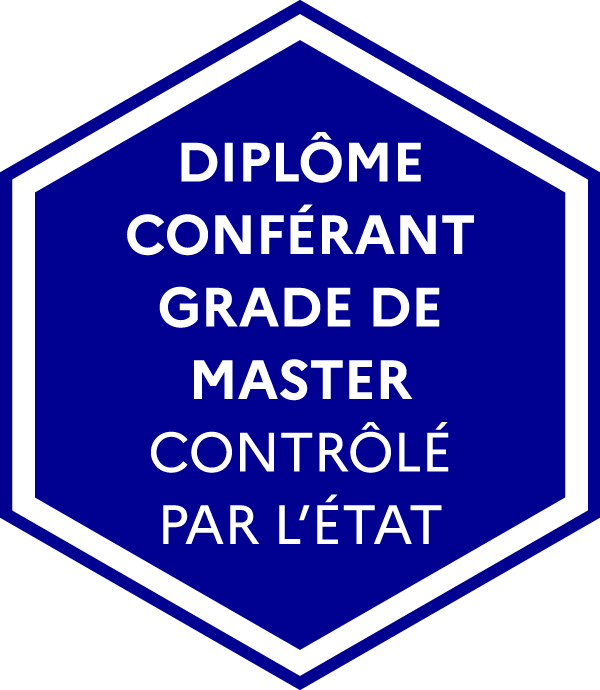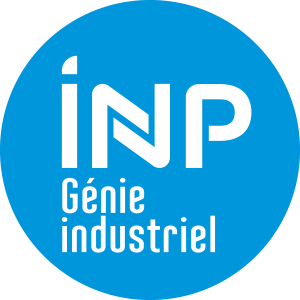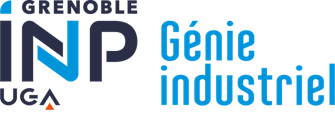Number of hours
- Lectures 27.0
- Projects -
- Tutorials 27.0
- Internship -
- Laboratory works -
- Written tests -
ECTS
ECTS 6.0
Goal(s)
(This class is conducted in English)
Please read the required skills before enrolling in this class, programming skills are not mandatory.
By the end of the course, students will:
A. Implement various multi-criteria decision aiding methods.
B. Gain an understanding of how Artificial Intelligence techniques, particularly Machine Learning, can be applied to decision aiding.
Content(s)
This course is divided into two parts, which may be offered in varying sequences based on teachers' availability:
Part A:
This chapter delves into multi-criteria decision aiding methods, such as AHP and PARETO, through a combination of lectures and exercises (CM and TD). A real case study will illustrate the application of the AHP method. By the end of Part A, students will grasp operational multi-criteria decision support methods. The structure of Part A includes:
• Introducing the key concepts of multi-criteria decision Aiding
• Description of the implementation process for multi-criteria decision support
• Formalization of multi-criteria decision support problems
• Implementation of AHP, PARETO, ELECTRE, and other methods.
Part B:
This part focuses on Artificial Intelligence (AI), specifically machine learning, within the context of multi-criteria decision aiding. Emphasis is placed on utilizing machine learning as a decision aiding tool. The content of Part B comprises:
• Introduction to machine learning techniques for solving multi-criteria decision support problems, including supervised/unsupervised and reinforcement methods. Programming is not discussed in details.
• Case studies employing these techniques, accompanied by a literature review for group work.
• Involvement of industrial partners, providing insights from their experiences.
• General knowledge of manufacturing and supply chain management, including scheduling and inventory management.
• Ability to conduct a literature review, including searching for and analyzing scientific articles.
• Basic understanding of statistics, including correlation analysis and linear regression, is appreciated.
• Familiarity with Python for utilizing certain packages is beneficial but not mandatory.
• Knowledge of simulation software (e.g., Arena) is helpful but not required.
Evaluation of Part A: (Individual written exam + group report for the case study) -> ("A1")
Evaluation of Part B: (group report for case studies + group presentations) ->("B1")
Evaluation of session 1 (N1) = "A1" (50%) + "B1" (50%)
Evaluation of session 2 (N2) = Individual written exam for part A ("A2" 50%) + Synthesis of articles or interview for part B ("B2" 50%)
Repeated and unjustified absences will impact the final score and may lead to a score up to 0 for this class.
Using ChatGPT for writing reports is prohibited and lead you to a score of 0.
Evaluation of session 1 (N1) = 0.5 A1 + 0.5 B1
Evaluation of session 2 (N2) = 0.5 A2 + 0.5 B2
The exam is given in english only 
The course exists in the following branches:
- Curriculum - Master 2 GI SIE program major SOM - Semester 9 (this course is given in english only
 )
) - Curriculum - Master 2 GI GID major DPD - Semester 9 (this course is given in english only
 )
) - Curriculum - Engineer student Master PD - Semester 9 (this course is given in english only
 )
) - Curriculum - Master 2 GI GID major GOD - Semester 9 (this course is given in english only
 )
) - Curriculum - Master 2 GI SIE program major SPD - Semester 9 (this course is given in english only
 )
) - Curriculum - Engineer student Master SCM - Semester 9 (this course is given in english only
 )
) - Curriculum - Engineer IPID apprentice program - Semester 9 (this course is given in english only
 )
)
Course ID : 5GUC4202
Course language(s): 
You can find this course among all other courses.
Part A :
• B. Roy. Multicriteria Methodology for Decision Aiding. Kluwer Academic (1996).
• Saaty, Thomas L. Relative Measurement and its Generalization in Decision Making. Review of the Royal Academy of Exact, Physical and Natural Sciences, Series A: Mathematics (RACSAM) 102 (2): 251–318 (2008)
Part B :
• Cadavid, J. P. U., Lamouri, S., Grabot, B., Pellerin, R., & Fortin, A. (2020). Machine learning applied in production planning and control: a state-of-the-art in the era of industry 4.0. Journal of Intelligent Manufacturing , 1-28
• Faustmann, G. (2019). Application of machine learning in production scheduling (Doctoral dissertation, Wien).
•Géron, A. (2019). Hands-On Machine Learning with Scikit-Learn, Keras, and TensorFlow: Concepts, Tools, and Techniques to Build Intelligent Systems . O'Reilly Media.
French State controlled diploma conferring a Master's degree

Common Core presentation
Programme courses S5
Programme courses S6
Supply Chain Management
Programme presentation
Programme courses S7
Programme courses S8
Programme courses S9
Programme courses S10
Product Design
Programme presentation
Programme courses S7
Programme courses S8
Programme courses S9
Programme courses S10
Contacts
Head of studies: Pierre Lemaire
Head of 1st Year Program: Abdourahim Sylla
Head of Supply Chain Management Program: Irène Gannaz
Head of Product design Program: Guillaume Thomann
Registrar's office
Head of Registrar's office: genie-industriel.scolarite@grenoble-inp.fr
Secretary's office 1st Year: Valérie Demicheli
Secretary's office 2nd Year: Sylvie Malandrino
Secretary's office 3rd Year: Vincente Odier
International relations department:
Nadia Dehemchi



